Taiwanese President Lai Ching-te inspecting Air Force combat drills during last year’s Han Kuang exercise. (Taiwan Presidential Office website)
[People News] Taiwan’s Han Kuang military exercise this year will, for the first time, simulate a scenario where China (CCP) could invade Taiwan in 2027. Additionally, Taiwan has conducted its first nationwide civil defense resilience drill in Tainan to assess wartime emergency response capabilities. Experts highlight that lessons from the Russia-Ukraine war demonstrate the crucial role of societal stability in wartime operations. Taiwan must strengthen civil defense and cognitive warfare countermeasures. Meanwhile, the CCP continues to send military aircraft and ships to harass Taiwan, escalating tensions in the Taiwan Strait. A recent collision between a Taiwanese navy vessel and a Chinese fishing boat has further raised concerns. Additionally, the “Ya Ya Incident” has reignited debates on Taiwan’s independence versus unification, underscoring the ongoing struggle between national security and freedom of speech.
According to a Radio Free Asia (RFA) report, Taiwan’s Presidential Office established the National Resilience Committee last year, aiming to coordinate central and local governments while integrating civilian efforts to enhance resilience in four key areas: national defense, civil preparedness, disaster response, and democracy. On Thursday (27th), a small-scale exercise was conducted to evaluate emergency response measures such as large-scale evacuation, shelter and resettlement, and expansion of emergency medical facilities.
Lessons from the Russia-Ukraine War: Societal Stability is Key
Ho Cheng-hui, co-founder of Taiwan’s civil defense organization “Black Bear Academy,” emphasized that defense encompasses national defense, civil defense, and psychological defense, with awareness and resistance playing a crucial role. In the past, Taiwan’s defense efforts were mainly focused on the military, involving only a small group of professionals. However, the Russia-Ukraine war and the Israel-Hamas conflict have shown that societal stability and continued operations are critical—even influencing battlefield outcomes.
“Taiwan has over 200 civil defense organizations and units. The challenge lies in effectively integrating these civilian forces with government structures to enhance preparedness,” Ho Cheng-hui said.
War is Not Just the Military’s Responsibility—It’s a National Challenge
Shu Hsiao-huang, a research fellow at Taiwan’s Institute for National Defense and Security Research (INDSR), pointed out that former U.S. Indo-Pacific Commander Philip Davidson warned that China could launch a military invasion of Taiwan before 2027—a timeframe known as the “Davidson Window”. As a result, Taiwan must plan military exercises and emergency response measures based on this timeframe.
“War is not just the responsibility of the Ministry of National Defense—it’s a challenge that the entire nation must face. The real question is whether Taiwanese society is adequately prepared,” Shu Hsiao-huang stated.
Chinese Military Aircraft and Ships Continue to Intrude, Raising Concerns About a Potential Conflict Across the Taiwan Strait
On Thursday, the Taiwan Ministry of National Defense reported that from Tuesday (the 25th) at 6 a.m. to Thursday (the 27th) at 6 a.m., a total of 20 sorties of Chinese military aircraft and 8 Chinese vessels were detected. Notably, 12 of these sorties crossed the median line of the Taiwan Strait and entered Taiwan's southwestern air defense identification zone. Additionally, the Xichang Satellite Launch Center in China launched a carrier rocket on Wednesday (the 26th), which flew over Taiwan; however, it was outside the atmosphere and did not pose a threat.
Meanwhile, the Taiwanese Navy's 'Zhonghe Warship' collided with the Chinese fishing vessel 'Minlianyu 61756' approximately 45 nautical miles off the coast of Taichung on Thursday. Fortunately, there were no injuries reported on either side, and the warship's navigation safety remained unaffected.
In light of these events, analyst He Chenghui suggested that such incidents may be part of the Chinese Communist Party's 'gray zone operations.' The CCP frequently utilizes maritime conflicts, illegal fishing, and even the sabotage of undersea cables to test Taiwan's response capabilities and create a favorable narrative in the international arena. 'The objective is to challenge your limits and assess your response capabilities. While the CCP may not be fully prepared for war, it benefits from maintaining pressure on Taiwan and other nations, allowing it to retain the initiative in conflict situations and evaluate the opponent's defense capabilities across various dimensions. When conditions are favorable, it can escalate tensions; conversely, it can de-escalate conflicts,' he explained.
Shu Xiaohuang emphasized that while the Taiwan Coast Guard Administration and the Chinese Communist Party's maritime units have previously maintained a communication mechanism, Taiwan must enhance its detection and identification capabilities in light of increasingly threatening military actions. This is essential to ensure real-time awareness of the surrounding maritime and air situations, thereby preventing military exercises from escalating into actual conflict.
He stated, "If China (the CCP) were to launch a surprise attack and initiate war, would Taiwan be able to transition its command system, deploy troops, and adjust combat readiness within a few hours to resolve a small-scale conflict quickly? If it cannot manage this, it risks escalating into a full-scale war, which would pose a significant challenge for Taiwan."
The 'Yaya Incident' Has Ignited a Public Debate, Highlighting the Tension Between Freedom of Speech and National Security
Beyond military threats, the CCP is also exerting influence over Taiwanese society through information warfare and public opinion manipulation. Recently, the Chinese internet celebrity 'Yaya' publicly advocated for unification on Douyin, leading the Taiwanese government to revoke her residency status and order her to leave the country. This incident has deepened societal divisions, with stark confrontations between pro-unification and pro-independence factions.
Academician Zhu Jingyi from the Academia Sinica in Taiwan argues that Yaya's deportation is not about freedom of speech but rather a matter of national security risk. He referenced the U.S. TikTok ban, suggesting that Yaya could potentially serve as an 'insider' during wartime, and thus the government should take action 'immediately.'
In this context, He Chenghui emphasized that democratic societies value freedom of speech, yet the Chinese Communist Party exploits this aspect to engage in cognitive warfare. 'Free societies should tackle these issues directly instead of avoiding them. Vigorous debates over differing opinions are actually a strength of democratic societies; this should not be labeled as 'social division.' The true concern arises when, in the face of escalating threats, a government feels compelled to implement more extreme measures, which would signify a failure of democracy,' he stressed.

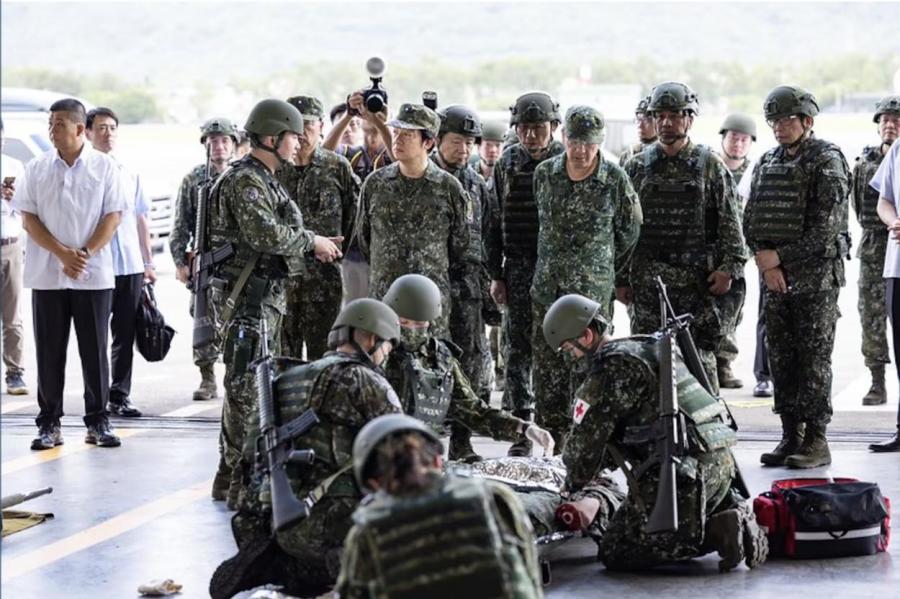
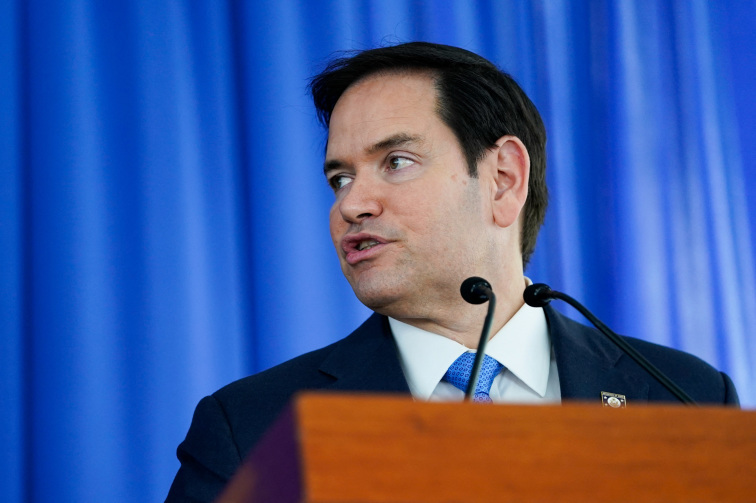
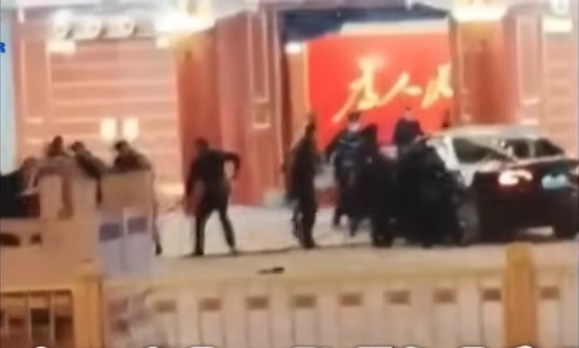
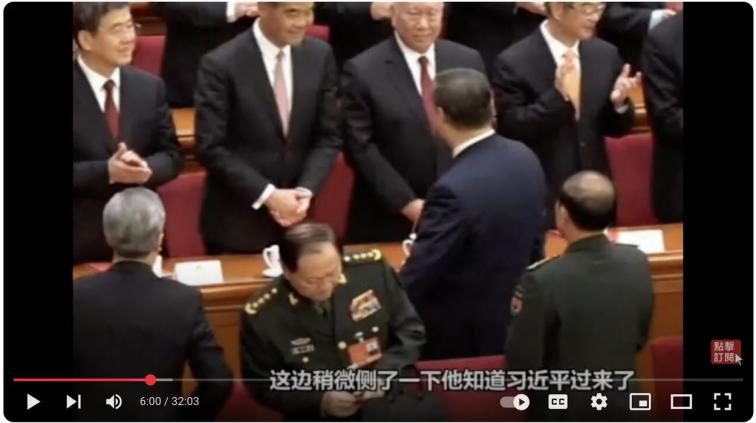
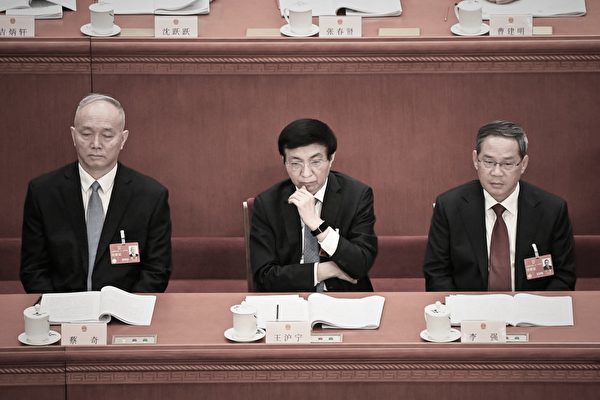
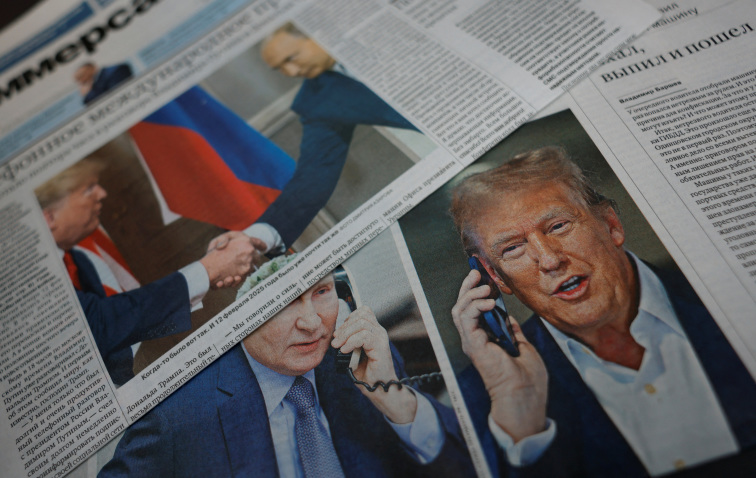

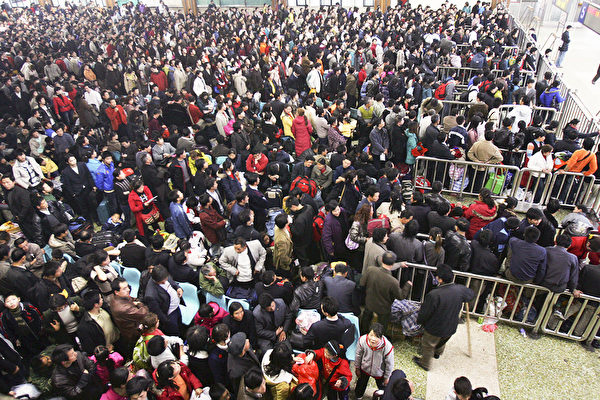

News magazine bootstrap themes!
I like this themes, fast loading and look profesional
Thank you Carlos!
You're welcome!
Please support me with give positive rating!
Yes Sure!